
Music Marketing 101: CD Pricing
Dec 10, 2022Music Marketing using CDs
In the world of digital music streaming, Spotify, Apple Music, Amazon Music, YouTube Music, and so on, are CDs relevant? Isn’t online streaming, and promotion the hot stuff right now?
Let’s burst that bubble, CDs are as relevant as they were before online streaming became popular.
If you are an emerging musician and are new to this music marketing world, we suggest you read our article 7 Things Every Aspiring Musician Should Know.
There is no clear-cut price for your music CDs, but we can help you understand a few things when you are thinking of the price.
Manufacturing Costs
It is basic economics. What is the point of investing a lot of money in the manufacture of your CDs, if you don’t get at least 50% returns once they are released? Get your math right, and calculate how much each unit would cost. Manufacturing costs are the total of all supplies used in the production of a product. Raw materials price, labor cost, and factory overhead are the three main categories of production costs. It contributes to the overall cost of delivery.
A factor you need to keep in mind is that more often than not, the production cost is a one-time investment made for the production of a particular amount of CDs. Do not misjudge the number of CDs and the investment along with the price of one CD you would launch in the market.
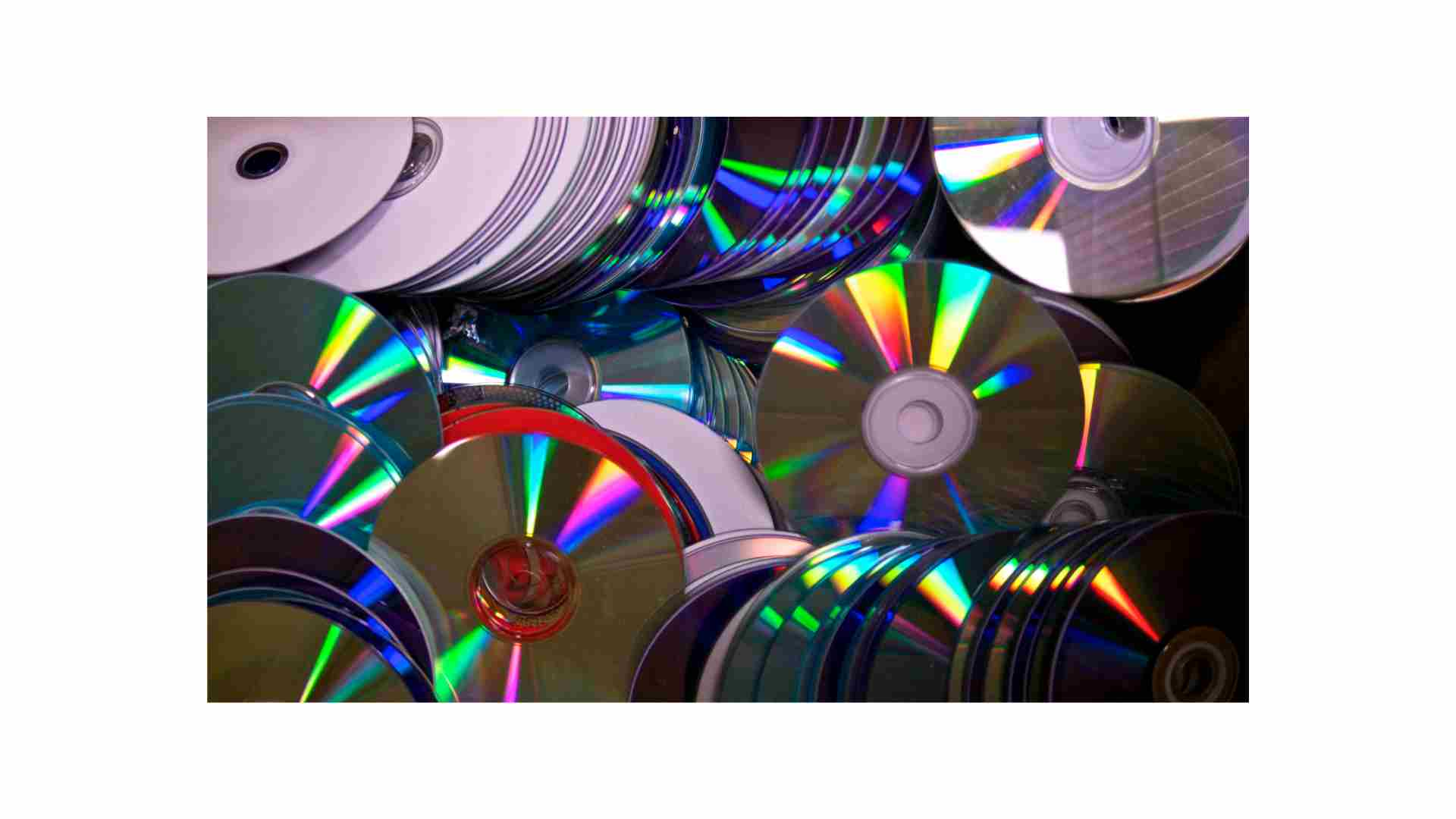
You may have spent $5000 recording an album for which only 100 CDs were produced. Are you going to charge $50 for each CD? Clearly not. So if you sell millions of copies, $30k is considered to be crazy money!
On the contrary, if the price difference between $10 and $13.97 allows you to claim back a little of your manufacturing costs from the course of your very first CD pressing, it's indeed wise to consider those costs — and most likely heading with the mildly higher pricing option.
If you are getting your CDs manufactured professionally, it may cost you more. If you have signed about this with your record label, then they will collect fees or copyrights from you for bearing the investment and getting the job done. Make sure you read your terms carefully.
Lose Money Card
Numerous startups intend to lose funds in the beginning to gain more customers. In other cases, companies have ‘loss leader’ goods, which are items that are sold cheaply to retain consumers who will later buy other merchandise.
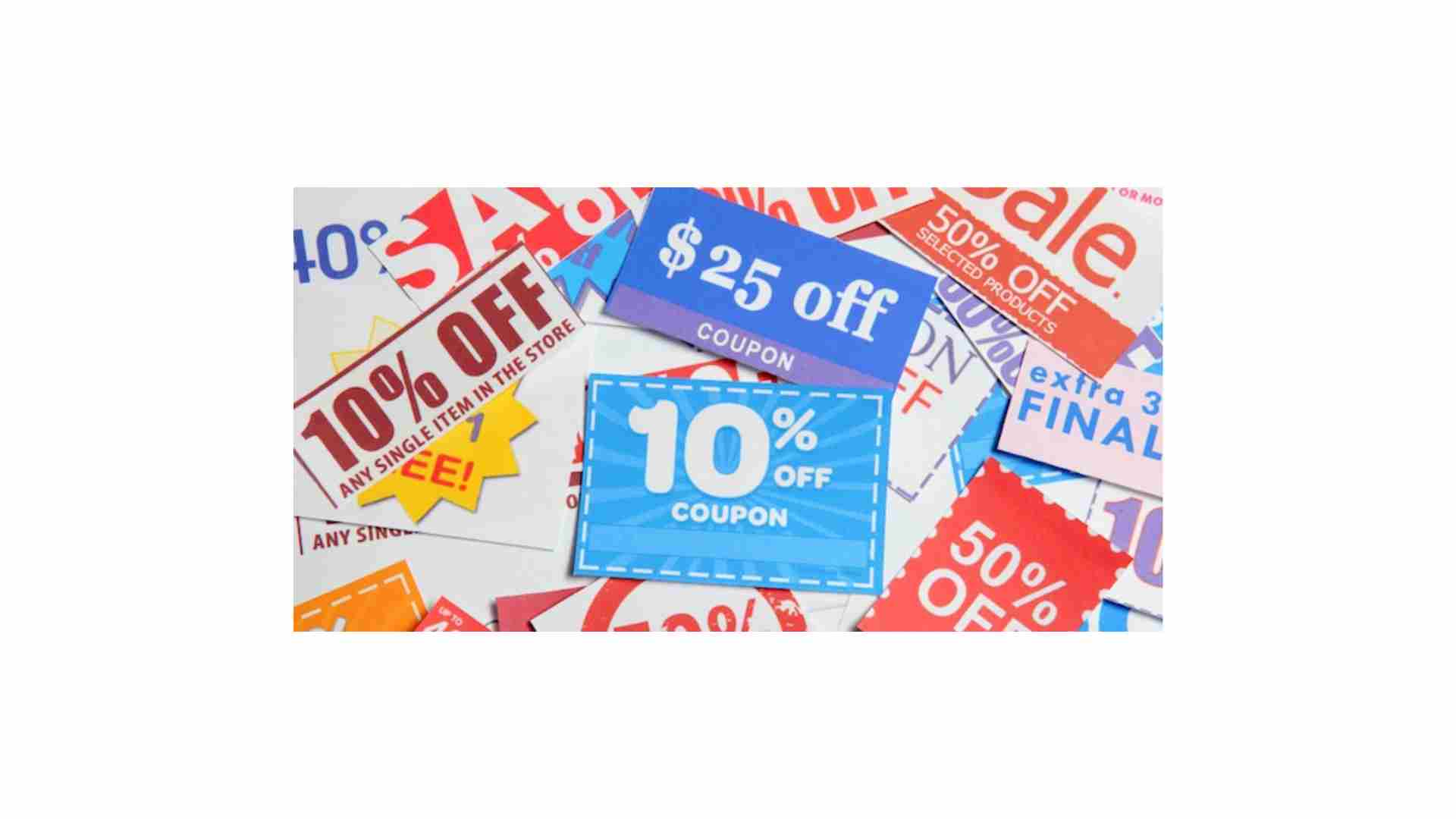
Throughout your case, this could imply investing money to expand your fandom. Such expenses may include digital marketing, loss-making tours, a public relations campaign, creating memorabilia, and pushing CDs. If you think of CD sales in this way, it could sound right to select a cheaper price to sell more. Speaking of marketing, read our blog article on Music Promotion On a Budget: 5 Music Marketing Techniques.
Royalties
Do you have any cover songs on your album? You must pay a mechanical royalty on every unit of the CD you produce. Mechanical royalties are those royalties that are produced every time a song composition is replicated, regardless of whether mechanically or digitally via streaming or install agencies. Read our blog article on Music Royalties 101: How Mechanical Royalties Work.
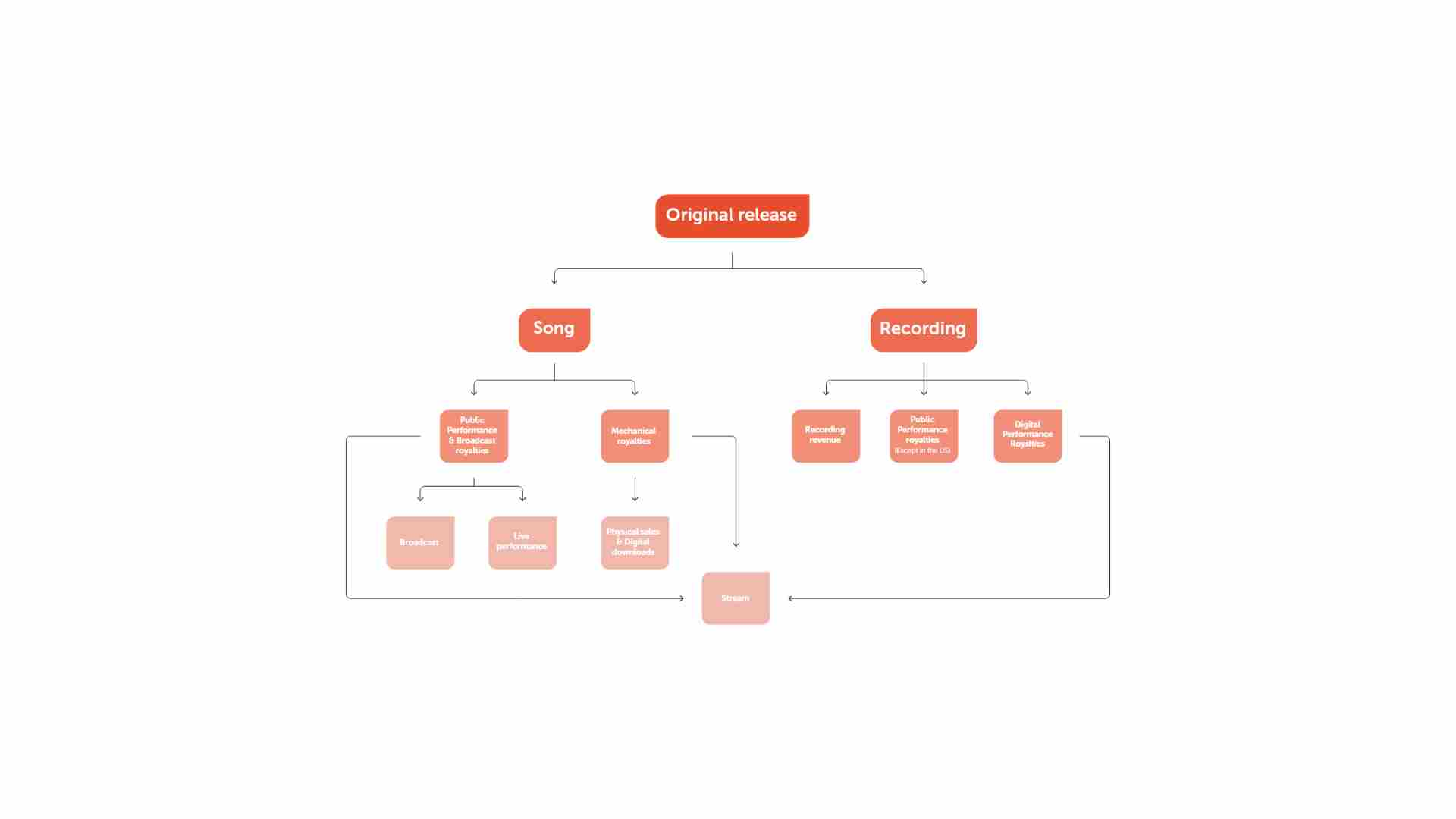
If you intend to charge any other royalty payments, including releasing splits between many co-writers or production company figures, you should use those expenses in your sale price as well. To know more about such agreements, read our articles on Record Label Contract: Types You Need To Know and Music Royalties 101: How Performance Royalties Work.
Competition
You're by all accounts not the only one with CDs to peddle; many different collections are being delivered every day! Since you've toiled over everything about your collection throughout the previous two years doesn't mean you can charge insane costs for your album though.
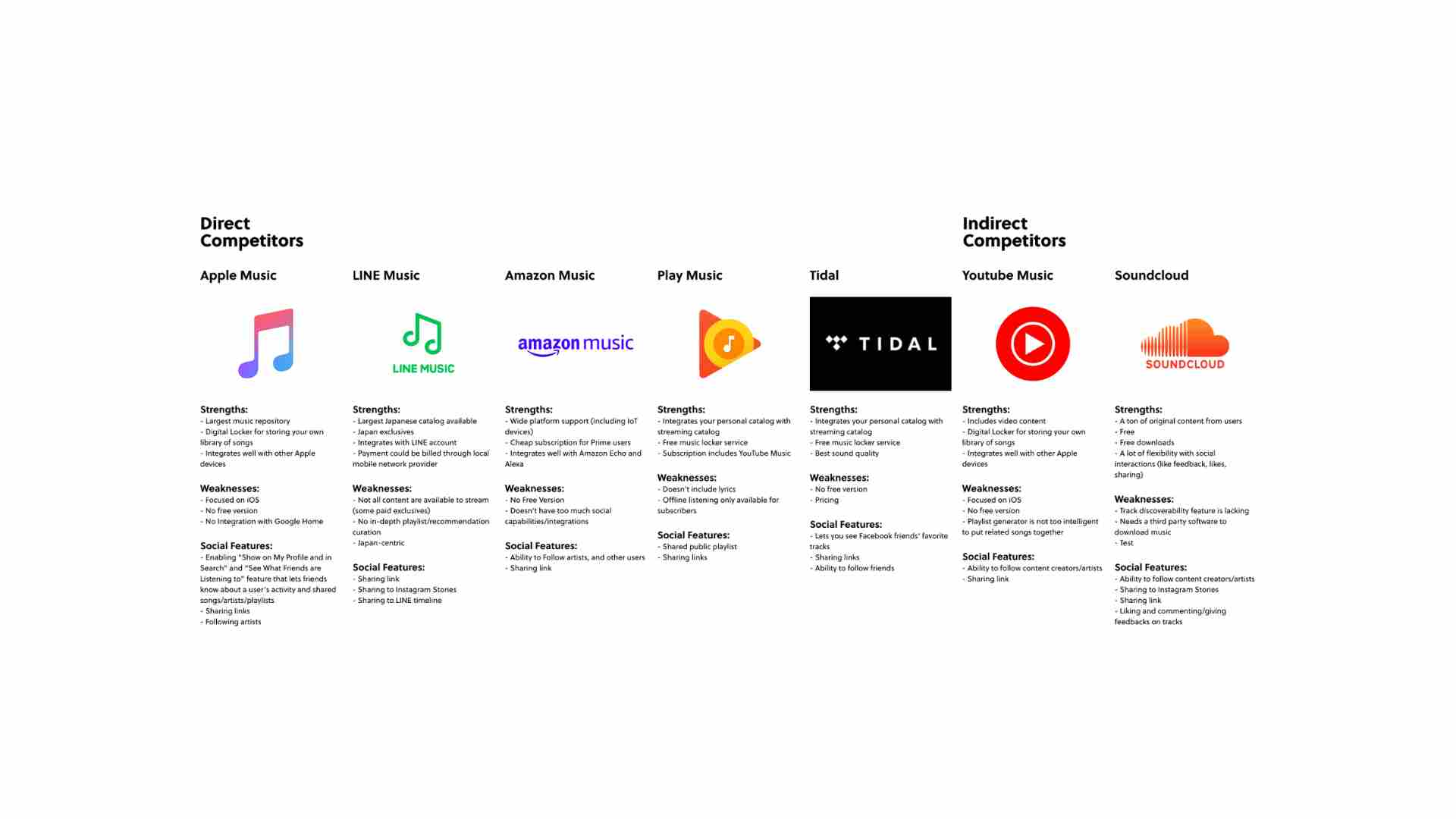
If you are an emerging Indie Musician, the price of one CD between $5-$15 is normal. If you decide substantially more than that, people will think long and hard about purchasing. Speaking of Indie Musicians, read our blog article on 7 Things Indie Artists Should Say “No” To.
Likewise, consider the way that your collection will be accessible to hear on streaming for comparatively less than the expense of a CD. Assuming your actual collection is too costly, most fans will simply go for digital streaming. Get a good idea about the competition out there, of the very format of the product you are trying to sell as well as the market for it. Speaking of online streaming, check out our article on Spotify Pay Per Stream: How Does It Work?
Free Delivery/Shipping
Let’s be honest, we all love free shipping or delivery since more often than not, the delivery fee is much higher than the product. Of course, this price varies on the agencies or third-party platforms where you would like to sell, for instance, Amazon and Flipkart.
You can charge something else for a CD if the customers naturally think that they got the best deal on delivery.
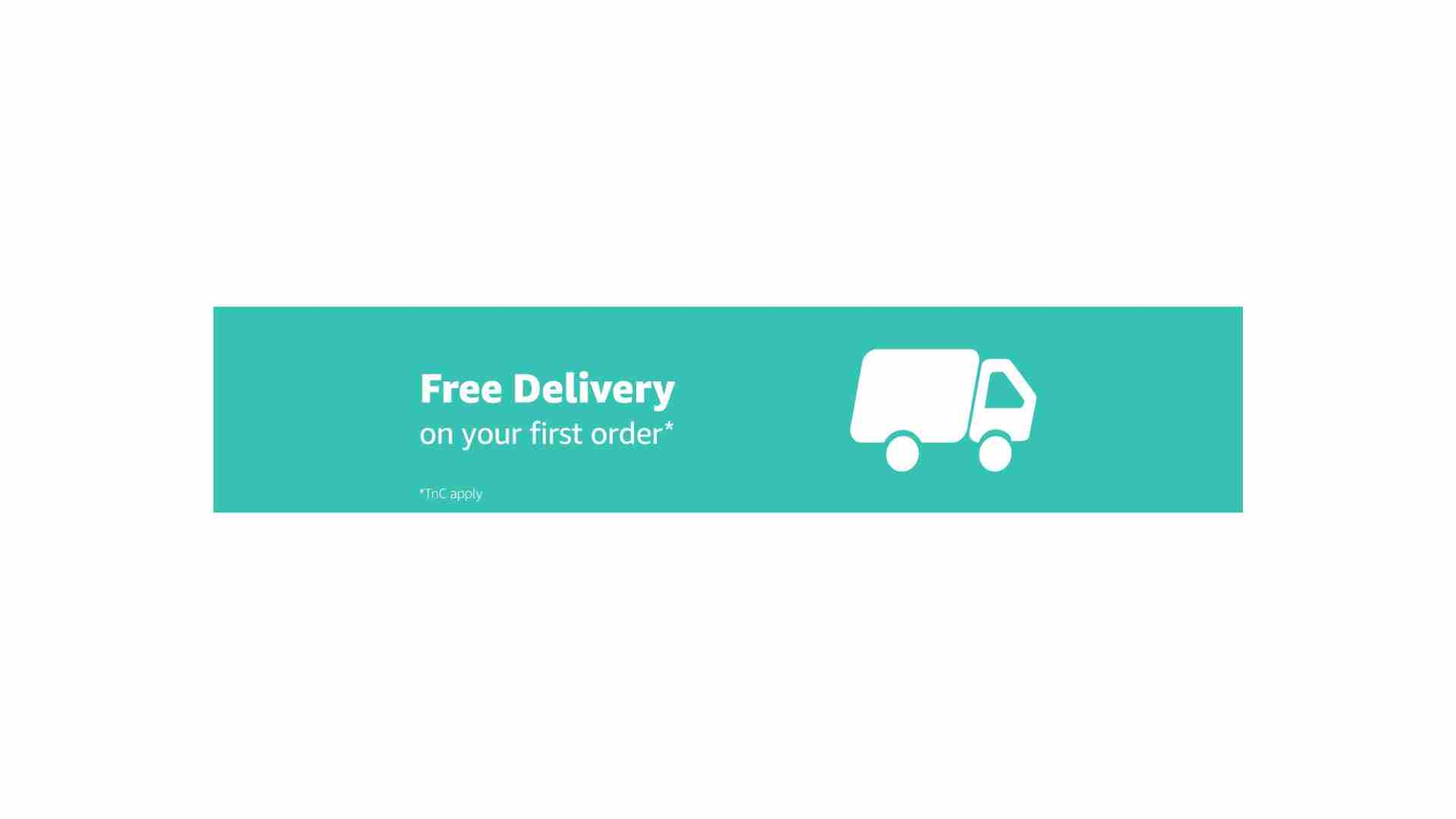
The inverse can likewise be valid. It's feasible to benefit by offering your CD free of charge, as long as the client pays for transportation. How? Assuming that you toss an upsell opportunity into your internet-based deals process, you can boost extra buys before checkout.
Pop-ups and options like 'Check out this matching cap for your CD,' really go a long way.
These are a few, but very important pointers that you need to keep in mind while setting down the price of your CD. As an emerging musician, CDs, along with releasing your tracks on digital streaming platforms such as Spotify, Apple Music, and so on, will be helpful in the long run.
Don't miss my newsletter!
Join me on a music entrepreneurship journey with new tips and tricks delivered straight to your inbox.
We hate SPAM. We will never sell your information, for any reason.




